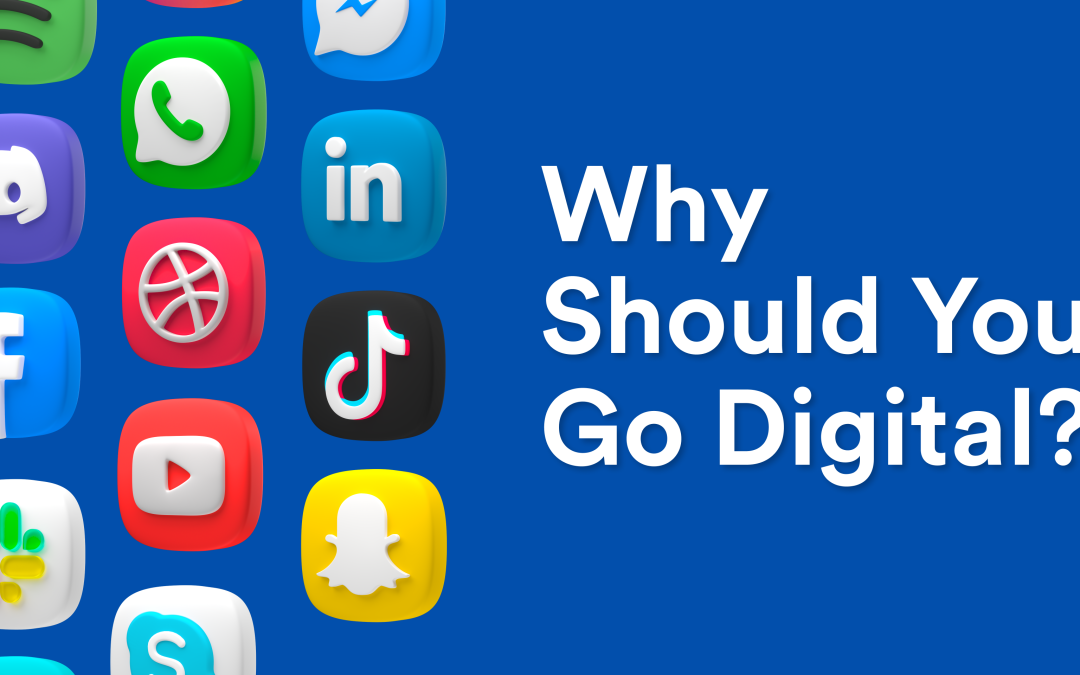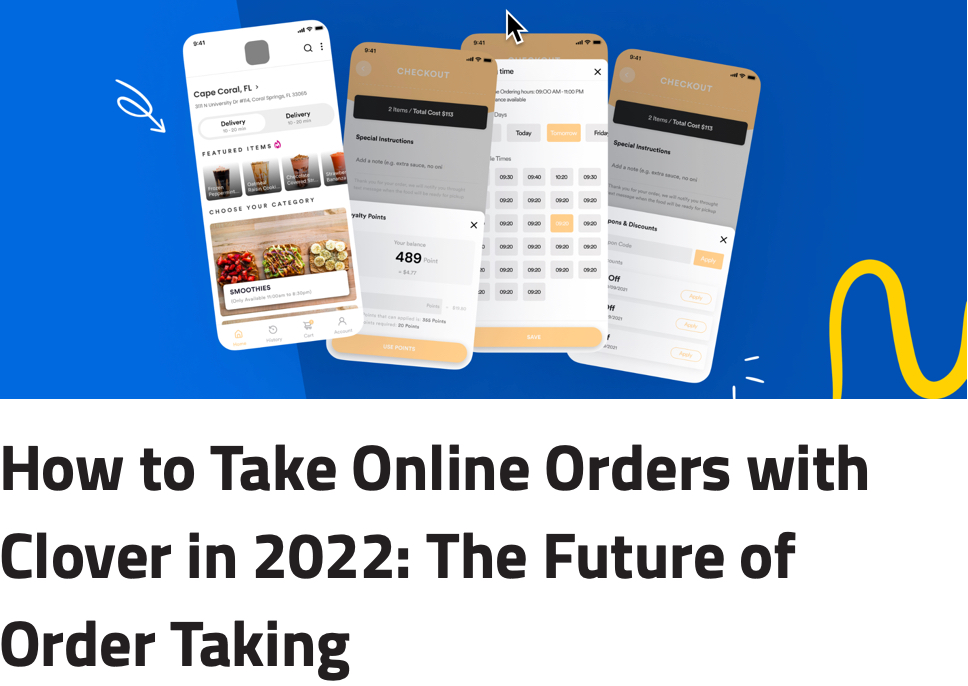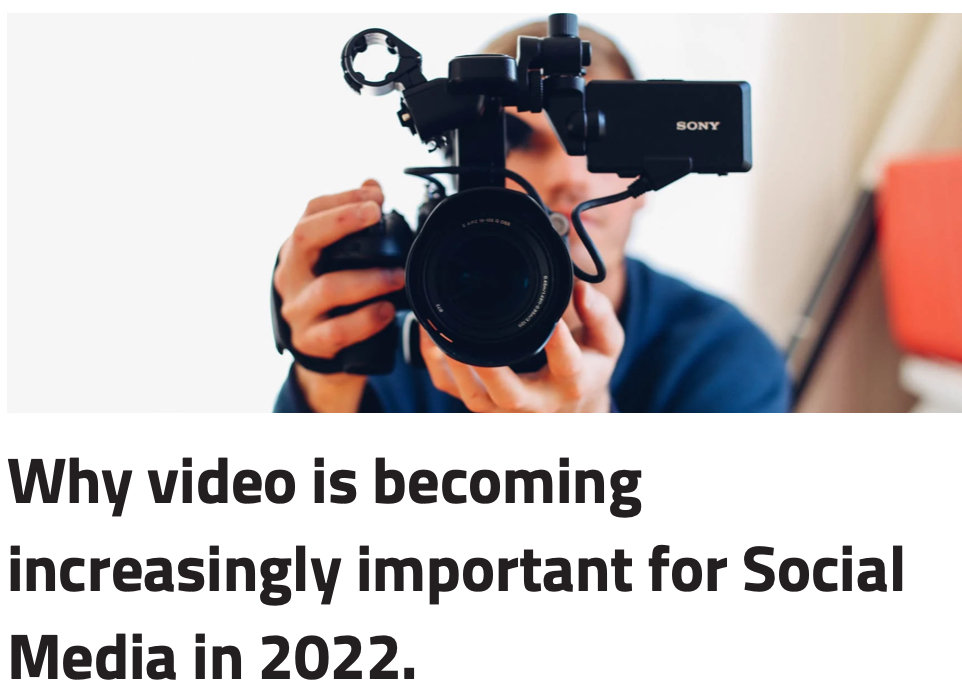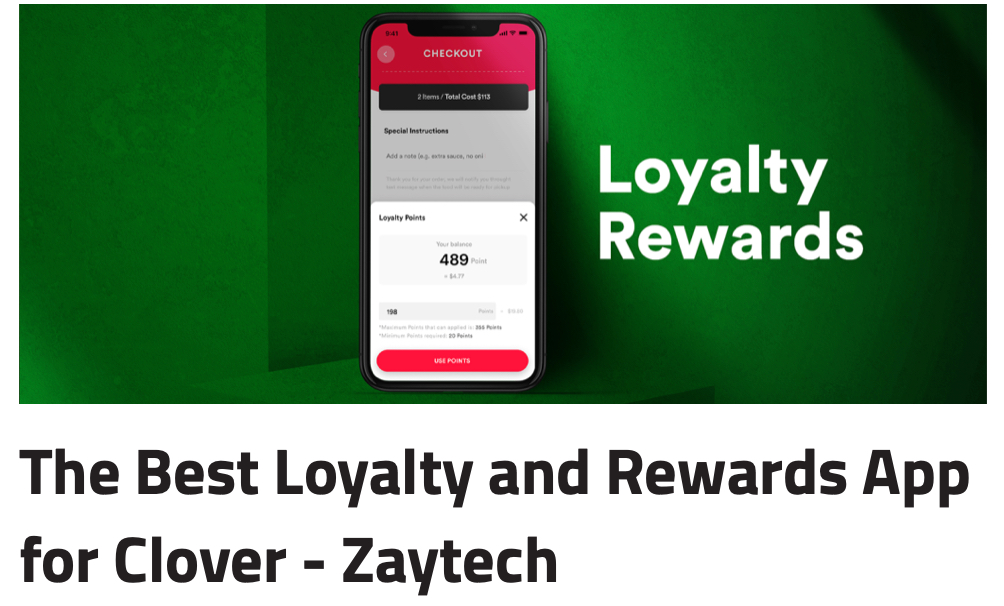Why Should You Go Digital?
Modern business owners who rely on traditional marketing techniques are falling behind. Nowadays, everyone uses digital platforms, and maintaining an online presence has become a necessity for business owners. For example, when people need a question answered, or they want to find something – they turn to Google. When they want to communicate with someone? WhatsApp, or social media, which has become ubiquitous in our society. The most recent technological revolution has well and truly cemented itself in our everyday lives, and the easiest way for brands and companies to grow is to use the internet.
By developing an online presence for your business, you can interact with your customers and advertise your products or services digitally—to an infinite pool of potential clients. The advent of digital marketing also allows businesses to be more targeted with their strategies. For example: let’s say you’re selling sneakers. Using digital marketing, you can target your ads to people who are solely interested in sneakers, as opposed to spending money and advertising to a broader population.

What Are The Benefits of Digital Marketing?
Digital marketing has changed the way marketing is being performed across the globe. In the past, it was difficult to have accurate data and market research, meaning that businesses had to spend more money to cover more of the population in the hope they would attract new customers. But now, digital marketing enables you to specifically advertise your products or services to a targeted, niche population that has demonstrated interest in your products/services on the internet, even right down to their location. This targeted marketing makes digital marketing significantly more cost-efficient and effective than before. Digital marketing encompasses various different methods; for example, there is Email Marketing, Influencer Marketing, Content Marketing, Viral Marketing, Mobile Marketing, PPC (Pay-Per-Click Marketing), and Search Engine Optimization. Each of these have their own unique benefits for businesses, we’ve explored some of our favorite options below.
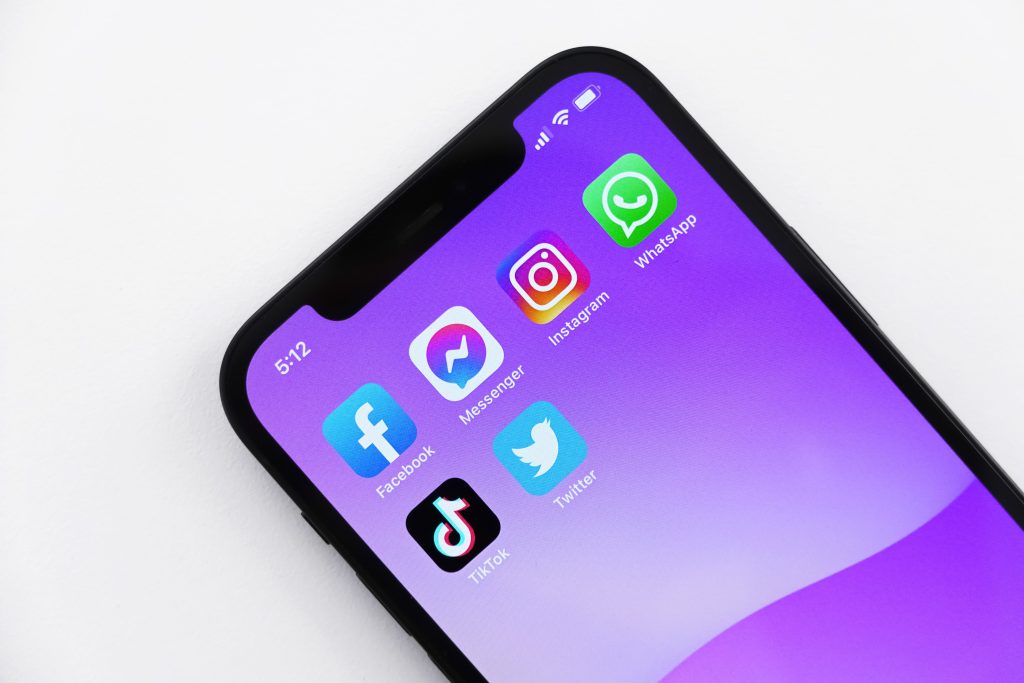
Advantages of Social Media Marketing
There are two ways of approaching Social Media Marketing. The first is via organic social media marketing, whereby a company and its content can reach people organically, and the second is paid marketing, whereby a company can run paid advertisements to reach its desired audience.
So how does social media marketing work in practice? Take Facebook as an example. Facebook is the world’s largest social media platform with 2.89 billion monthly active users. Facebook (and generally all other social media platforms) track its users’ behaviors and actions, and then collect that data in a database which businesses can then access to effectively market their products. If you have ever liked a clothing brand on Facebook, for example, you are likely to see ads related to their clothes. That’s no coincidence.

How Google Search Ads Can Transform Your Business
Take a moment to really think about how often you yourself use Google on a daily basis. It’s no wonder Google ads do wonders for so many businesses. Google has a massive database with its users’ tendencies, desires, and spending habits. When a business uses Google ads, it can target different keywords and meaning that the ads will only display if someone searches using those particular words. For example, if you’re selling wooden chairs, you could target keywords such as “wooden chair,” “best quality wooden chairs,” “wooden dining chairs,” etc. Now, if someone in your selected region(s) searches for these keywords, they will likely see that ad.

Benefits of Video Marketing for Businesses.
Video marketing has many unique benefits. YouTube is the world’s biggest video platform where anyone can upload their videos. Depending on the content and other factors, videos can sometimes multiply rapidly and validate someone’s popularity and/or brand overnight – this is known as going viral. This method is free. There is also a paid method of advertising video content through Google. For example, if a business has created a particularly high quality piece of video content, that business can run an ad through YouTube. The ad will be shown to people in the selected targeted area.
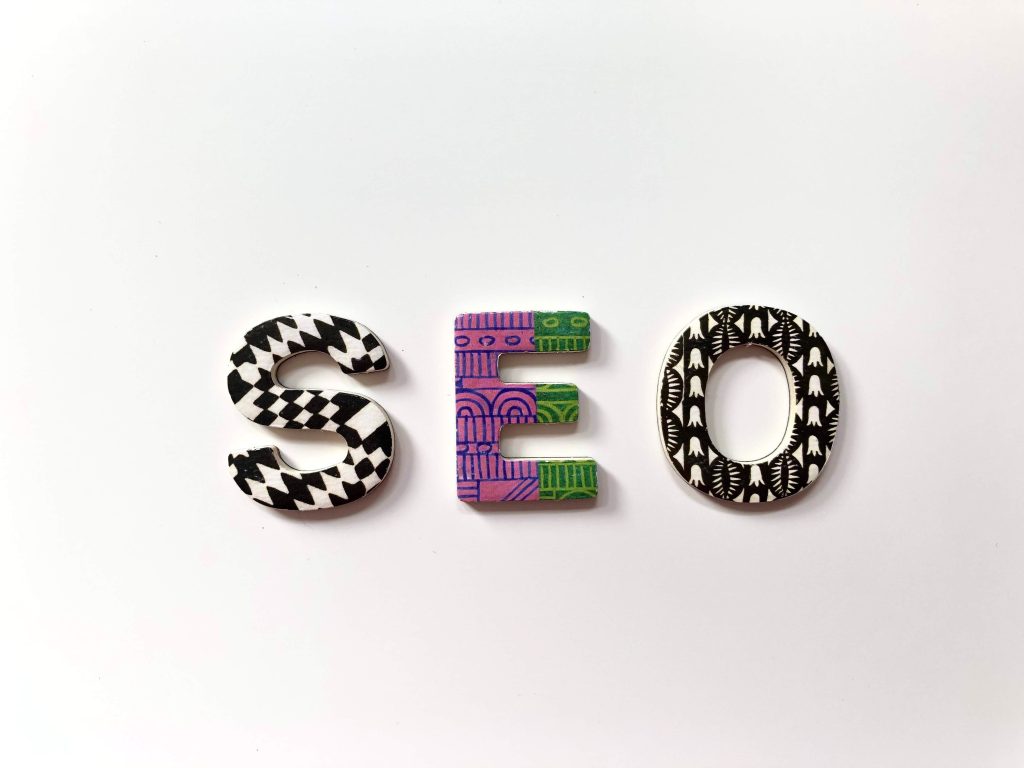
SEO (Search Engine Optimization).
Search engine optimization is, in essence, a way of optimizing a website or blog to rank on search engines so that it is able to reach more people. There are two types of SEO: On- page SEO and Off-page SEO. On-page SEO refers to the practice of optimizing webpages to improve a website or blog’s search engine rankings and earn organic traffic. In addition to publishing relevant, high-quality content, on-page SEO includes optimizing your headlines, HTML tags (title, meta, and header), and images. Off-page SEO refers to actions taken outside of your own website to impact your rankings within search engine results pages (SERPs). It is important to note that both on-page and off-page SEO are extremely useful when optimizing websites on search engines, as they both include various factors of basic SEO that help a site to rank.
Zaytech Software & Media.
Want to go digital? Let Zaytech help you. Contact a Zaytech representative to schedule your meeting Today. Click Here

